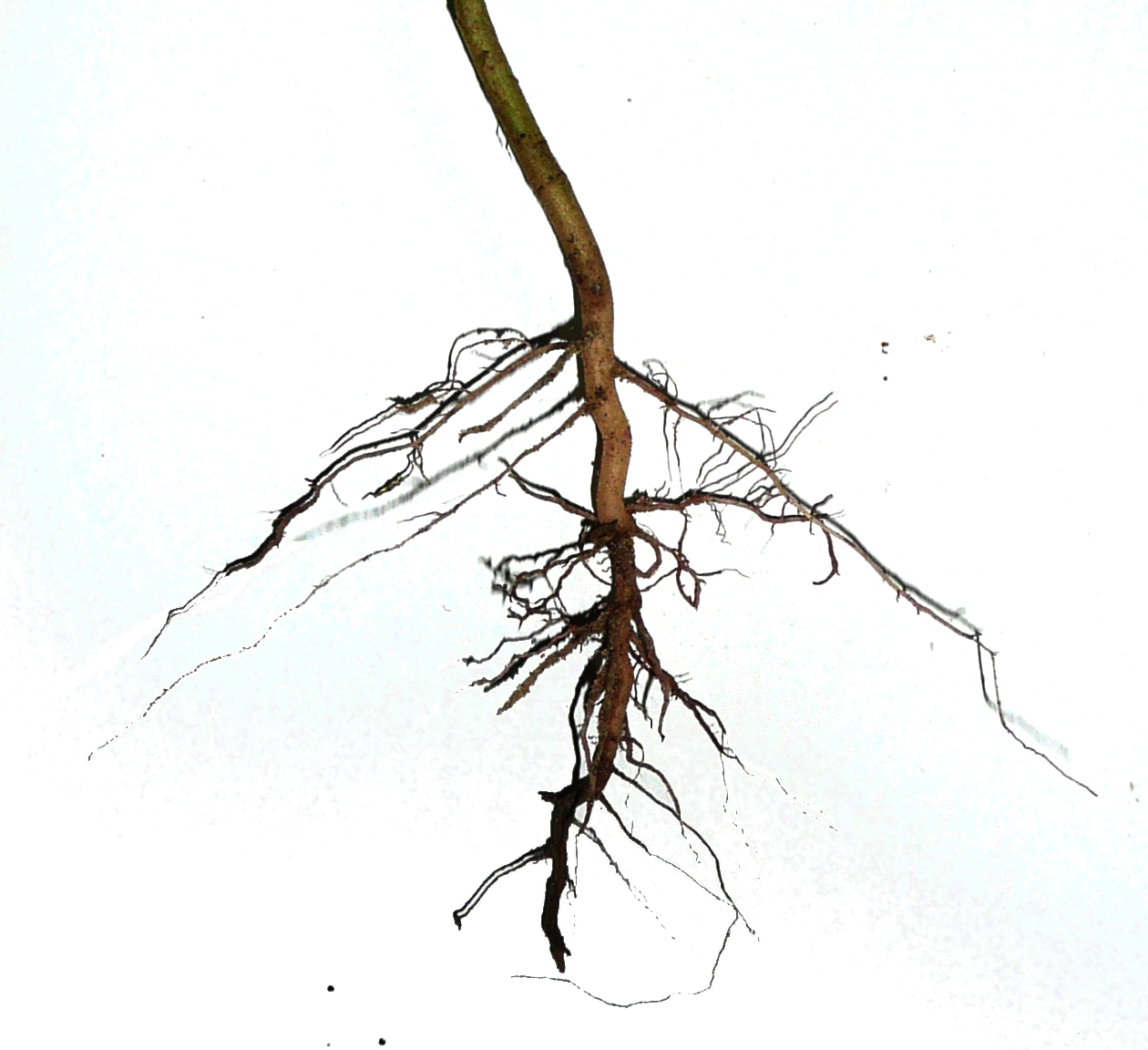
I recently met a beautiful young woman during my international travels who asked me to write a post on “whether or not mothers should stay in abusive relationships for the good of their children.” I was horrified and saddened by the request as it reminded me of the forced suffering so many women cope with daily at the hands of harmful and uneducated societal norms in so many countries.
This woman wanted to share the post with her friends, most of whom already have babies. She, herself, is eighteen years-old and determined to go to college. The trauma that transpires when abused during motherhood, however, is not lost on her as she views the lives of those she loves and strives to protect. It’s a suffering that is circumstantial, in which more needs to be done to prevent. More education; more support services offered; more deterrents against such unacceptable behavior.
There is another type of suffering among mothers, I daresay, that I’d like to broach that is rarely discussed. I call this “selective” suffering. Why? Because, unlike the former in many cases, this kind of suffering arrives with a choice as to whether or not we want to continue it.
I will give you a personal example. I grew up with a mother who believed that “mothers were only allowed to be as happy as their least happy children.” Many of you were raised with this same type of thinking in place. As most of us experience, however, there are periods during the process of raising kids where those kids are just plain miserable, off track, difficult to deal with, etc. This may last for days, weeks or even years. Given that particular thinking, plenty of moms end up suffering unnecessarily alongside their unhappy kids to everyone’s detriment. They feel guilty doing anything to the contrary. I was one of those moms.
Then – in my effort to save my own sanity – I learned a new theory from another mother I highly respect. She taught me that it was just fine to be happy as a mother when your child is miserable. In fact, it was better, needed, and even my right. The thought had never occurred to me. Now that it had, however, I had a choice to make — stay stuck in my old way of thinking or force myself to adopt an entirely new mindset (selective suffering or not). I chose “not.”
Did the switch improve the spirits of my child? No. Did it shorten the misery she was experiencing? No. Was it making her journey any less difficult? No. But how was giving up my joy along the way helping her or me? It wasn’t.
Today’s approach allows me to set a more positive example for her in the future while embracing my life in the way it was meant to be. I also have ample happiness to infuse a bit extra into her own life where I can. I’m not saying that this shift in my head is always easy for me but it is easier than being constantly miserable via commiseration.
This is just one example of selective suffering opportunities we, moms, face. There are plenty of others as the job is difficult, remiss of a handbook, and poorly supported within our society. It takes role models and examples like these to educate and inspire us to improve.
Given the two situations shared above, where both end in suffering but one remains more easily and reasonably fixable than the other, why would you ever continue to selectively suffer when you needn’t?
Pull the root, Mom, and plant a better seed….if not for you than all the rest of us who need the courage to do it ourselves!

